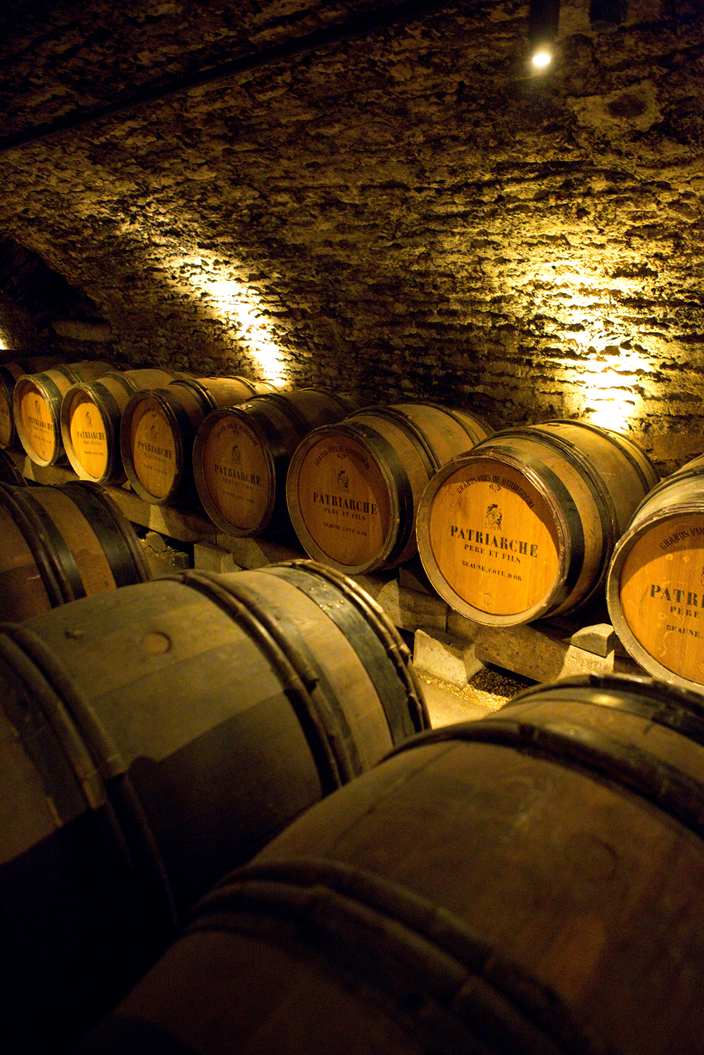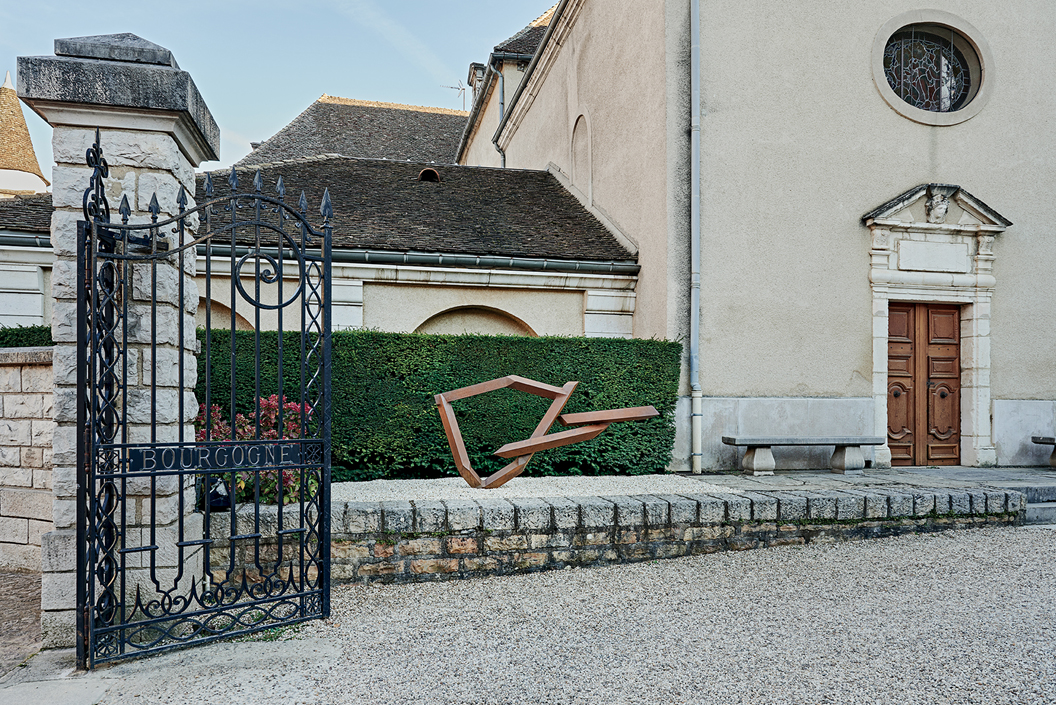Beaune

The Patriarche cellars are unique in that they are located in the former Visitandine convent built in 1632. This religious order founded by Jeanne-Françoise de Chantal (grandmother of the Marquise de Sévigné) spread to 75 convents throughout Europe. During the Revolution, as everywhere in France, the convent was confiscated and the nuns were evicted. The buildings were initially used as grain warehouses before being largely recycled as building materials. Today, Patriarche owns what history has preserved: part of the cloister and a 17th century chapel. Bought in 1796 by Jean-Baptiste PATRIARCHE, the site was destined to be of a cloth factory. It never saw the light of day, much to our delight today.
Instead, a wine business was set up within these walls and developed throughout Europe. Passed on within the family for several generations, it was bought in 1941 by the Boisseaux family, who made it one of the largest wine houses in Burgundy. In 2011, the beautiful adventure will continue with Mr. Pierre Castel who will accompany its development.
Since 1950, the cellars have been open to the public and welcome up to 40,000 visitors per year. The discovery of the site begins with the cloister and then the chapel decorated with stucco. It continues with a fantastic walk through the cellars which cover 2.5 hectares under the city. This labyrinth of 5 km of corridors lined with bottles of the great names of Burgundy (about 3 million bottles) leads you in a soft gloom through cellars from the 13th to the 19th century before delighting your taste buds with a tasting of famous appellations. As a partner of the 2021/2022 Art in Situ exhibition, the Patriarche cellars welcome several contemporary art artists within its walls and its court of honour.
To visit Beaune, capital of Burgundy wines, is also a unique opportunity to discover other jewels such as its Hospices, a magnificent flamboyant Gothic building, its Collegiate Church, the former residence of the Dukes of Burgundy, and many other architectural treasures scattered on the facades of the houses and in the inner courtyards. This town, named Belenos by the Eduans, became Belenum with the Romans and has always benefited over the centuries from the richness of its territory, a dynamic place of cultural and commercial exchanges, in the heart of an exceptional setting of vineyards.
Caves Patriarche
5/7 rue du Collège
21200 Beaune
France
www.patriarche.com
